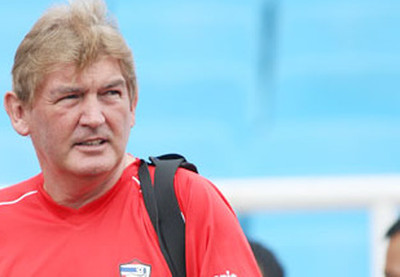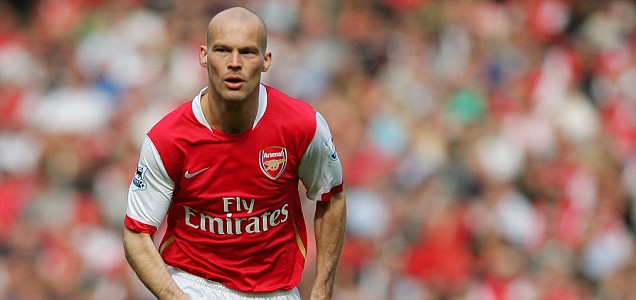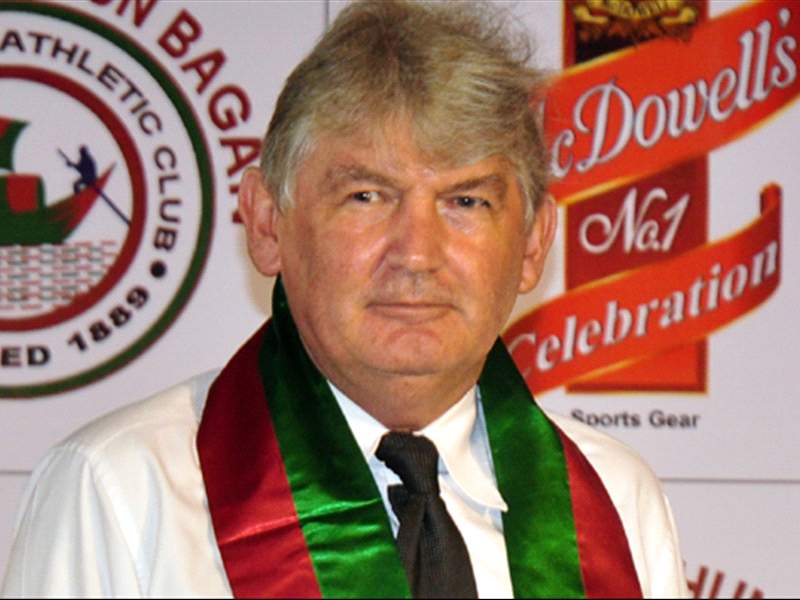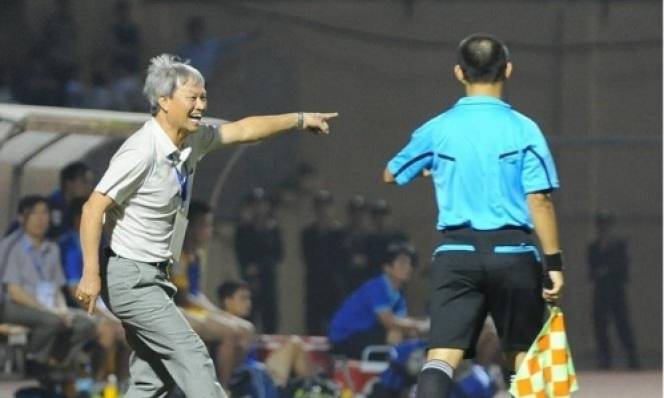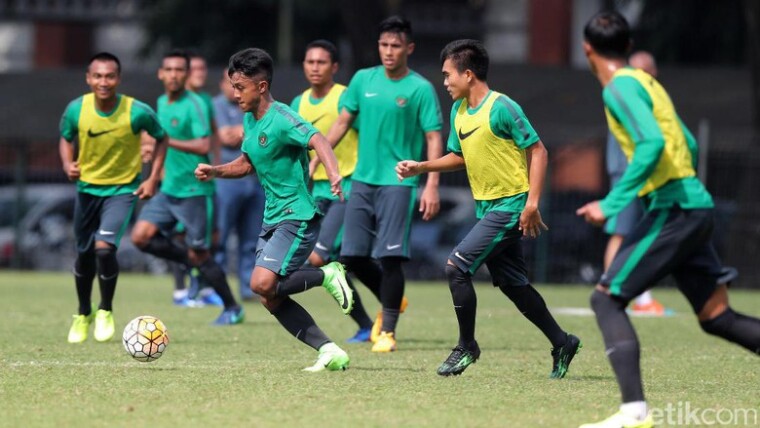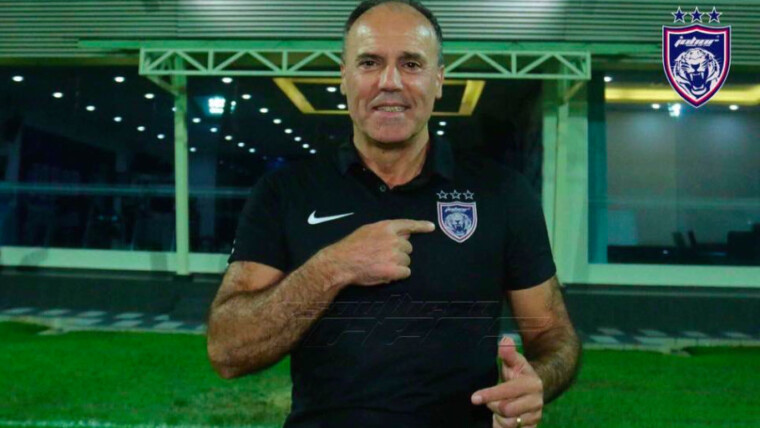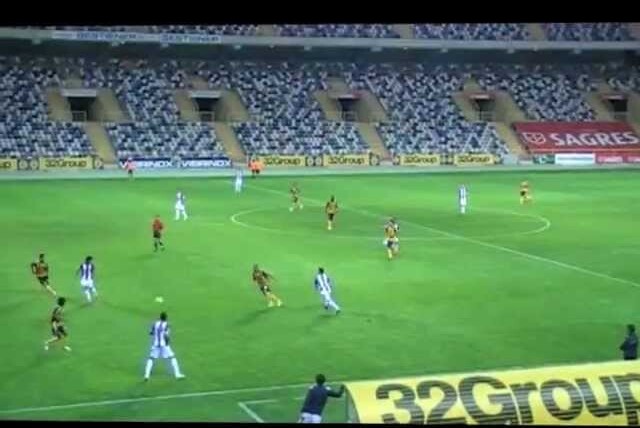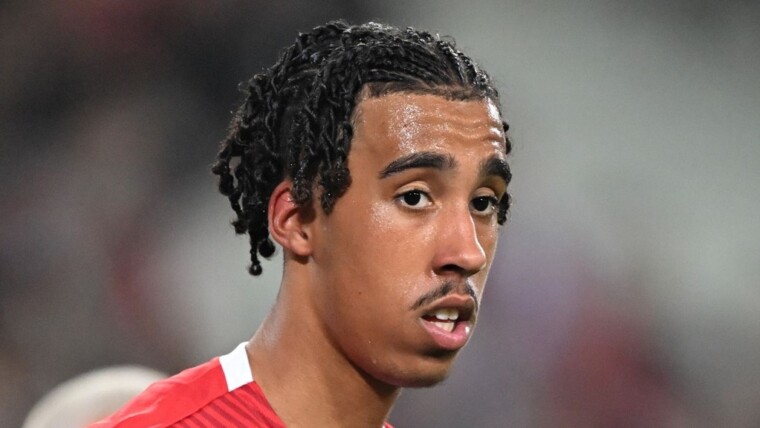When it comes to South East Asian football, there are few individuals who can herald themselves as a well-entrenched figure within the region. But Steve Darby is certainly part of that category. Having spent almost all of his coaching career in Asia, including stints in Malaysia, Vietnam, China and even Thailand, Steve is currently the assistant coach of Mumbai City FC, who are competing in the inaugural Indian Super League series (ISL). FourthOfficial.com caught up with him for a quick update on footballing matters.
FO: Hello Steve! Hope you’re doing well. There seems to be a lot of buzz about the Indian Super League. How excited are you to be a part of it, especially under the Mumbai City FC set-up?
STEVE: The set up at Mumbai City FC has been amazing. As it’s a new club with no entrenched politics, or dogma, there has been a totally positive approach to the set-up. The back room staff is very big; in fact at least 26 of them, more than any club I have worked in. Peter Reid even said it’s more than what he had at Sunderland. Also there are many young, highly educated and qualified Indians. This applies to nutritionists, analysts, as well as six strong medical set-up team. So, no complaints at all. Also, having a Bollywood star (Rhanbir Kapoor) as the owner has made a massive impact on the awareness of the club and its media profile.
FO: Preparations for the ISL campaign have already kicked off; how has the reception been like for you and Peter Reid?
STEVE: We have basically been told to do our job and the management will support us to the hilt. That is the ideal way. Due to the timing, we had no say in the playing staff of the team, but there has been some excellent acquisitions; both local and foreign. It’s always better to die on your feet than live on your knees.
FO: Mumbai FC are already being touted as early favourites to do well in the ISL, especially with a good mix of local players (Syed Nabi, Subrata Paul, Raju Gaikwad) and international stars like Nicolas Anelka and Freddie Ljungberg. What are your expectations for the side?
STEVE: Let’s be honest! People talk about projects and philosophies all the time. But professional football is about one thing and that’s winning! Every coach and every player goes out to win every game. If that happens, the targets will be achieved. There are many quality players in the eight team league. There are no doubts about their ability, but the key is can they adapt to India? So far, our high-profile players; Anelka, Ljungberg and Friedrich have been top class professionals and are really mixing well with the local lads. The dressing room atmosphere has been great, and I must note that players like Syed Nabi has made the foreigners feel really welcomed.
FO: You’ve spent time in India with Mohun Bagan before. How crucial will that experience be in understanding what it takes to succeed in the ISL
STEVE: I’ve been in India twice before. Firstly in Kolkata, and then in Manipur, running a football education program. Its taught me that India is about 22 separate countries, with massive cultural and linguistic differences. You cannot compare Mumbai City FC with Mohun Bagan as they are different worlds apart in their approach to the game. But being in the North East Mountains taught me that there are some great athletic footballers from that part of India. Nonetheless, having worked in India, definitely helps. You have to learn where to adapt and where to dig in. It’s not always easy and its different in many countries across Asia.
FO: What sort of impact will the ISL have on Indian and South Asian football in general?
STEVE: I think and hope it will have a massive influence on the game. The Indian Premier League (Cricket) has revolutionized that game, and hopefully the ISL can do the same. Either way, it will leave a legacy of well ran professional clubs, players being treated well, and a strong grassroots program. If we can achieve that, then the concept will have been worthwhile.
FO: You were utilizing the 3-5-2 formation during your tenure with Kelantan FA, and it attracted a fair amount of critics. If you’re given the opportunity of rewinding time, would you have done anything differently with The Red Warriors?
STEVE: A system is a vehicle to get your best eleven players on the pitch. If your striker scores goals and the keeper makes great saves, then the system is right. There is far too much pseudo-intellectual football discussion on tactics, usually from people who have never played the game. In Kelantan, when we played 3-5-2, our record was better than playing 4-4-2! But the keyboard warriors who hide behind anonymity or fake names are getting far too much power in the game. I always remember how we traced an internet troll in Kelantan, who was abusing our fittest player, Fakri, about not being fit. He turned out to be about 150kg and one of my biggest critics turned out to be 14. And he was also hammering Jose Mourinho for his tactics! The biggest problem at Kelantan was interference from within, more often than not influenced by social media. But to be honest, it wasn’t President Tan Sri Annuar Musa. He was always straight and honest with me.
FO: The AFF Suzuki Cup is coming up at the end of the year, and the excitement is already building up within the region. Who would you consider as massive favourites to triumph in December?
STEVE: No massive favourites, but Thailand have great players and if they can persuade Zico to carry on as a coach, they will then have a top class coach. Indonesia on paper should be a good side and Alfred Rield always has well-organized teams. Vietnamese football is on the way up; great success at U-17, U-19 and U-23 levels. If they can continue this way, then they have a chance. I think it will be between these three teams. But the gap between top and bottom is getting closer every time.
FO: Perak have appointed Vjeran Simunic as their new head coach and he will be leading them in the 2015 Super League season. This comes after yet another frustrating exit from the Malaysia Cup. What do you think, is the main problem for their consistent disappointments?
STEVE: I didn’t know he had been appointed and I have met him once, he seems like a nice man who will do things using his own methods. That is the key to all clubs in Malaysia. If you appoint someone, then back him to the hilt. As basically, you appointed him! So don’t appoint and then try to interfere. I was lucky at Perak as I had three great Presidents in three years; The Regent, Dato’ Zahid and Dato’ Muhyiddin. All three of them backed me to the hilt and we were competitive for three years and worked within a budget. If the state government hadn’t changed and then started to interfere, we could have built a strong base. But that’s the key; no political interference, especially from people from people who have never kicked a ball in their life. Johor is going well as Bojan, who is a great coach, is backed by the management and supported behind the scenes by Shebby Singh, who was an international with 60 plus caps. I had three years at Johor, and again, I was supported by the CEO Ahmad Mohammad. But politically, he was forced out and everything crumbled. Last year was the first time they had won anything since our 1998 FA Cup victory and the 1999 promotion. Johor, if it carries on as it is, could change the face of football in Malaysia.
Other posts by Keeshaanan Sundaresan

